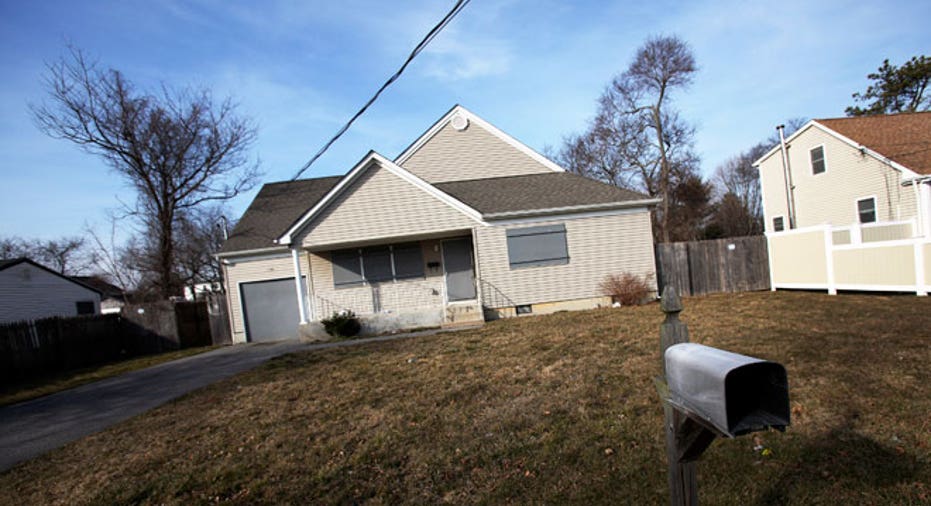U.S. Consumer Bureau Unveils New Rules for Mortgage Servicers

The U.S. Consumer Financial Protection Bureau announced new rules for mortgage servicers on Thursday to help prevent the sloppy practices that aggravated the U.S. foreclosure crisis.
Mortgage servicers collect monthly payments from borrowers on behalf of the investors that own the loans. That often involves letting borrowers know about the status of loans, modifying the loans for those struggling to make payments on time, and handling foreclosures.
The CFPB rules will now require servicers to follow clear procedures to help troubled borrowers seeking alternatives to losing their homes. The rules also restrict what is known as dual-tracking, in which servicers simultaneously pursue a loan modification and the foreclosure process.
"For many borrowers, dealing with mortgage servicers has meant unwelcome surprises and constantly getting the runaround," CFPB Director Richard Cordray said in a statement.
"Our rules ensure fair treatment for all borrowers and establish strong protections for those struggling to save their homes," he said.
The consumer bureau was created by the 2010 Dodd-Frank financial oversight law and given responsibility for policing mortgage markets and other consumer products. The regulator first proposed rules for mortgage servicers in August.
Servicing problems -- including poor record-keeping, sparse customer service and "robo-signing" unread foreclosure documents -- came under intense scrutiny as foreclosures exploded after the 2007-2009 financial crisis.
Bank of America Corp, Citigroup Inc, JPMorgan Chase & Co, Wells Fargo & Co and Ally Financial Inc entered into a $25 billion settlement last year with state and federal authorities over abusive servicing and foreclosure actions.
The consumer watchdog said it looked at the changes stipulated in that agreement, as well as state and other federal rules for mortgage servicers, before deciding on its final rules.
The new rules would create a minimum national standard for mortgage servicers, bureau officials said. Servicers have until January 2014 to comply.
Under the new guidelines, servicers must alert mortgage borrowers who miss two consecutive payments and spell out options, such as changing the interest rate or extending the terms of the loan, that could help borrowers avoid foreclosure.
The rules preempt quick foreclosures by requiring servicers to wait until a loan is delinquent more than 120 days before beginning foreclosure proceedings, the bureau said.
Borrowers who apply for loss mitigation must be evaluated for all of the options allowed by the investor, who owns the loan, and servicers must have an appeals process for borrowers whose applications are denied.
Regulators stopped short of mandating that servicers offer specific options such as loan modifications, which consumer groups wanted in the final rules.
"The CFPB's final rules fail to implement the key lesson of the foreclosure crisis, that a loan modification requirement is essential to protect qualified homeowners from unnecessary foreclosures," Alys Cohen, an attorney with the National Consumer Law Center, said in a statement.
In addition, the rules require servicers to provide warnings before interest rates adjust, correct errors quickly, and help consumers avoid so-called force-placed insurance, or homeowners' insurance bought by the servicer that is often more expensive than what borrowers might find on their own.
Some small companies that service loans they own or make themselves will be exempt from many of the rules. Regulators expanded this group in the final rules to include servicers with 5,000 or fewer loans, after community banks argued they have more incentives to work with borrowers than larger servicers do.



















